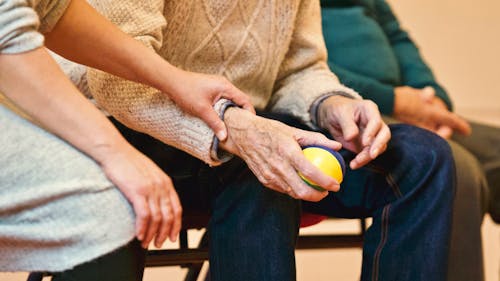The Rise of Technology in Elderly Care
In recent years, technology has been playing an increasingly significant role in elderly care. With the aging population growing, innovative tech solutions are emerging to address the specific needs of the elderly. From health monitoring devices to smart home assistants, these technologies aim to enhance the quality of life and safety for the elderly population.
One of the most prominent technological advancements is wearable health monitors. These devices can track vital signs such as heart rate, blood pressure, and blood sugar levels continuously. For example, a senior with a heart condition can wear a small, unobtrusive device that sends real-time data to their doctor or a caregiving service. This enables early detection of any potential health issues and timely intervention. Additionally, some monitors can detect falls and automatically send an alert, providing a crucial safety net for the elderly who may live alone.
Smart home technology is also revolutionizing elderly care. Voice-activated assistants like Amazon Echo or Google Home can be programmed to perform various tasks. They can remind the elderly to take their medications, turn on/off lights, adjust the thermostat, and even call for help in an emergency. Moreover, smart sensors can be installed in the home to monitor movement patterns. If an unusual lack of activity is detected, it can trigger a check-in to ensure the well-being of the senior. This not only gives the elderly more independence but also offers peace of mind to their families.
Telemedicine is another area that has seen significant growth. Through video conferencing, the elderly can have virtual consultations with their doctors without having to travel. This is especially beneficial for those with limited mobility or who live in remote areas. Doctors can remotely assess symptoms, provide medical advice, and even prescribe medications. It also allows for better coordination between different healthcare providers involved in the care of the elderly, ensuring a more comprehensive and efficient healthcare experience.
In conclusion, the integration of technology in elderly care is transforming the way we care for our seniors. It offers enhanced healthcare monitoring, greater independence, and improved access to medical services. As technology continues to evolve, we can expect even more innovative solutions to emerge, further enhancing the quality of life for the elderly population.
